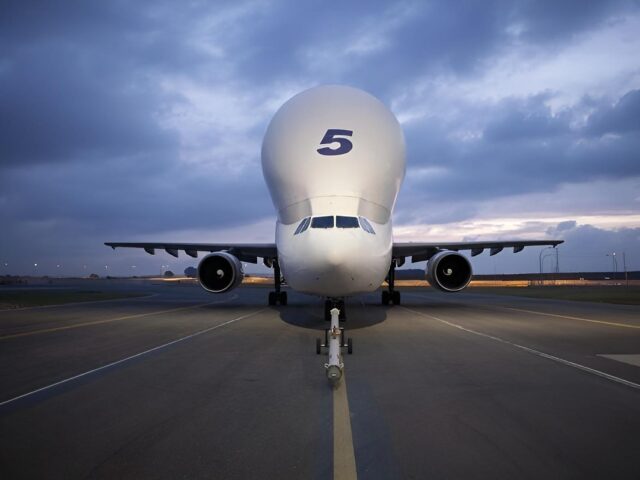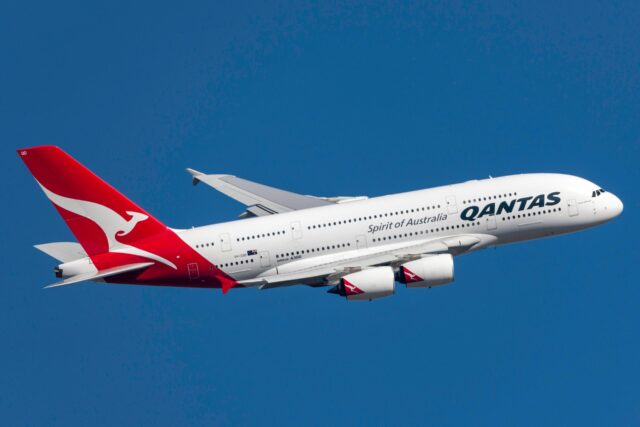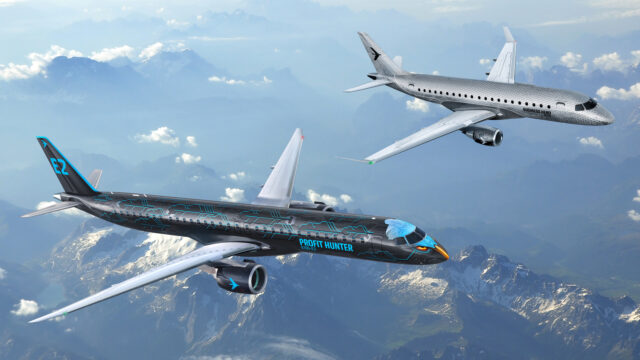‘Air superiority is not a birthright’: Wilsbach’s warning as he takes command of the US Air Force

November 20, 2025
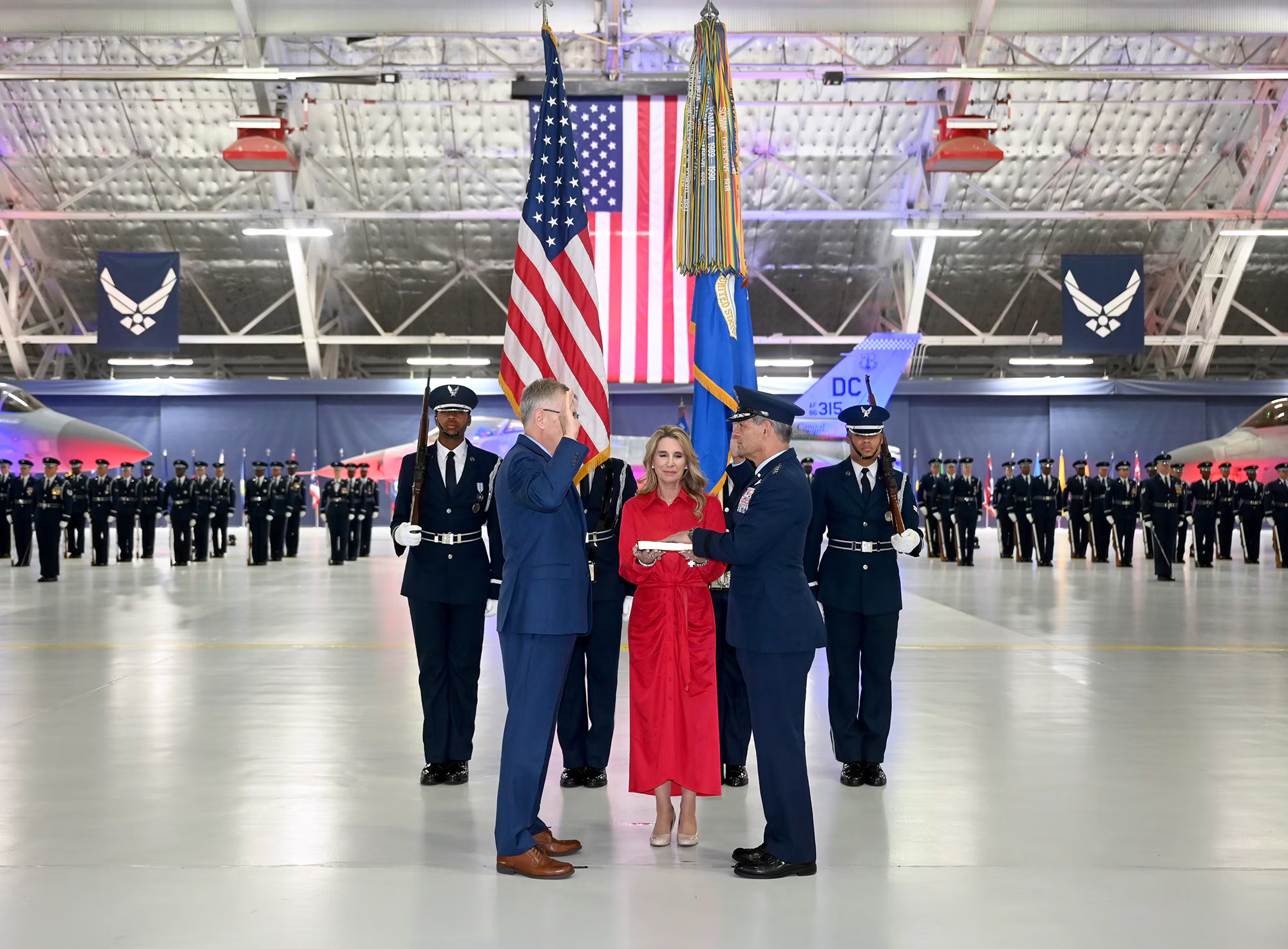
The United States Air Force has a new steward at a moment of intensifying strategic competition.
General Kenneth S. Wilsbach, formally installed as the 24th Chief of Staff of the Air Force (CSAF), used his opening address to deliver a blunt message. The service, he said, must sharpen its combat edge, accelerate modernisation and remain ready for high-end conflict as the character of war evolves at unprecedented speed.
The role he assumes is vast. Beyond leading more than 700,000 airmen, the CSAF oversees around 5,000 aircraft, America’s missile fields, global logistics networks and an annual budget of roughly $217 billion. Yet Wilsbach framed the task ahead not in numbers but in the duty to keep the service ahead of adversaries who are innovating rapidly.
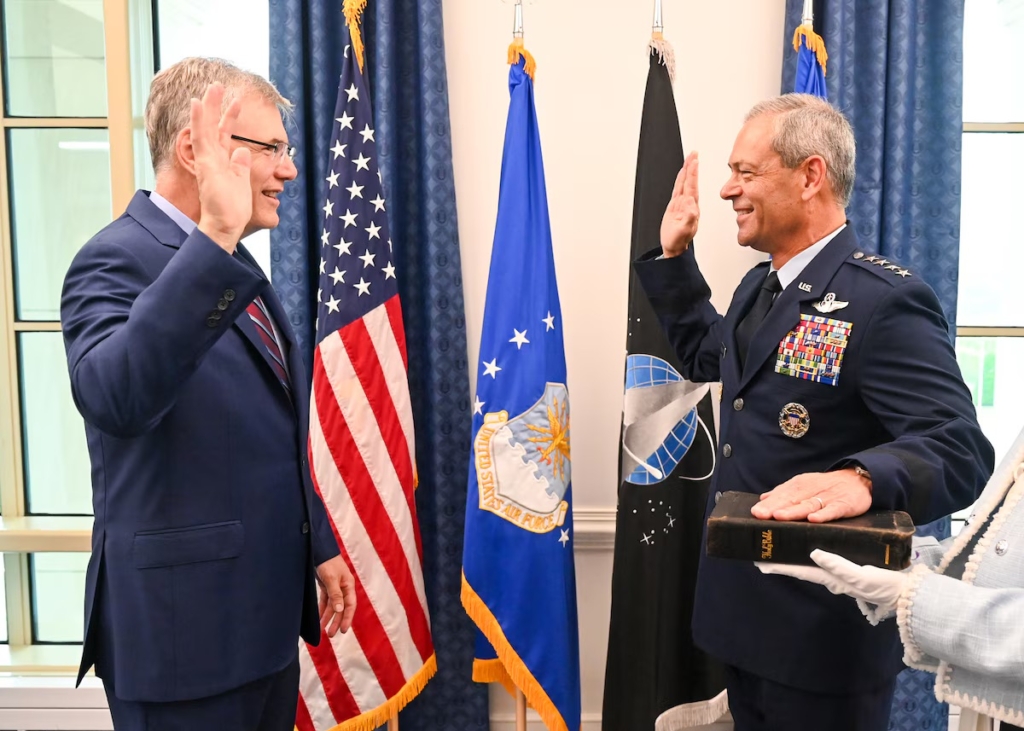
“The character of war is changing faster than at any time in our history. We need to innovate faster than our enemy,” he said, setting a clear tone for a tenure likely to be defined by modernisation, reliability and deeper integration with allies.
Read more: Inside the Wilsbach hearing
Wilsbach warns USAF readiness is at risk despite being ‘the strongest force in the world’
Wilsbach acknowledged that the Air Force remains formidable.
“Don’t get me wrong, we’re still the strongest, most capable, and lethal force in the world,” he said. “When the nation calls, we will respond and deliver decisive combat power.”
But he warned that such dominance cannot be assumed. “Airmen or aircraft that are not ready to fight undermine our ability to win,” he cautioned.
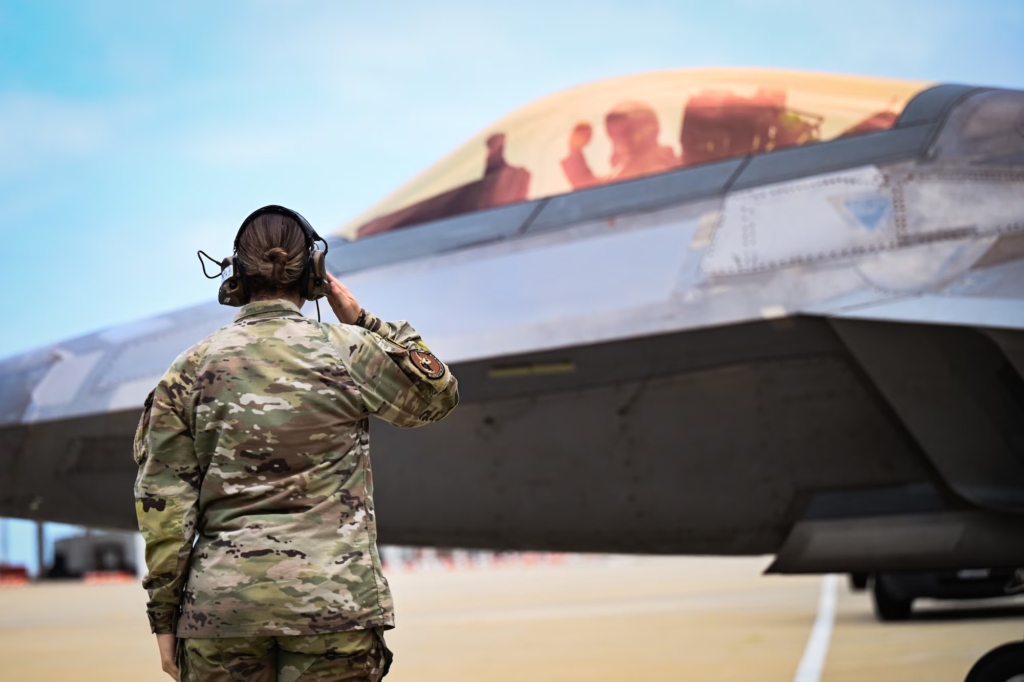
His first letter to the force, issued on 3 November, underscored the point: “Readiness is fundamental… aircraft availability, aircrew proficiency, and the ability to generate combat power at scale are not just metrics, they are the measure of our credibility as a fighting force.”
With ageing fleets, fluctuating mission-capable rates and rising global tasking, his priority is to restore reliability, rebuild combat-credible formations and ensure the force can surge at speed.
Operation Midnight Hammer shows the level of combat readiness Wilsbach expects
To anchor his message, Wilsbach referenced Operation Midnight Hammer, the rapid US campaign launched during last summer’s 12-day war between Israel and Iran. US airmen struck deep inside Iranian territory to neutralise strategic targets and restore deterrence.

“The world watched as our airmen demonstrated the determination and ingenuity to quickly and effectively neutralise targets in the heart of Iran,” he said. “Operations like this remind us of our core responsibility… to stay ready, credible, and capable every single day.”
He noted that the mission’s success was magnified by allied support, signalling that coalition integration will be a central theme of his leadership.
Get the latest aerospace defence news here on AGN.
US Air Force modernisation: F-47, B-21 and CCA at the centre of Wilsbach’s plan
Wilsbach left no ambiguity about the pace required. The service, he said, cannot rely on legacy capabilities alone. Among the programmes he highlighted were:
- F-47 next-generation fighter – the centrepiece of future air-superiority planning.
- B-21 Raider – the Air Force’s forthcoming strategic bomber.
- Collaborative Combat Aircraft (CCA) – autonomous or semi-autonomous systems designed to fly alongside crewed fighters and multiply combat mass.
Accelerating acquisition timelines for these platforms is, he argued, essential to maintaining advantage over peer competitors.

In both his speech and his letter, he reinforced this direction.
“We will continue to modernise to win today and into the future … with programmes like the F-47, Collaborative Combat Aircraft, as well as nuclear force recapitalisation through the Sentinel programme and the B-21.”
At his Senate confirmation hearing in October, Wilsbach had already signalled an appetite for bold reform, including the surprise proposal to terminate the Boeing E-7 Wedgetail programme.
Wilsbach says tougher training and a stronger warrior culture are essential
Wilsbach repeatedly linked combat power to culture. Winning, he said, requires formations that train realistically, embrace smart risk and hold themselves to high standards.
“Doing hard things together builds toughness and strengthens culture,” he said, calling on leaders to foster boldness and confidence throughout the force.
His letter amplified this: “Encourage your formations to lead boldly and take smart risks at all echelons… we will hold ourselves and each other to the highest expectations.”
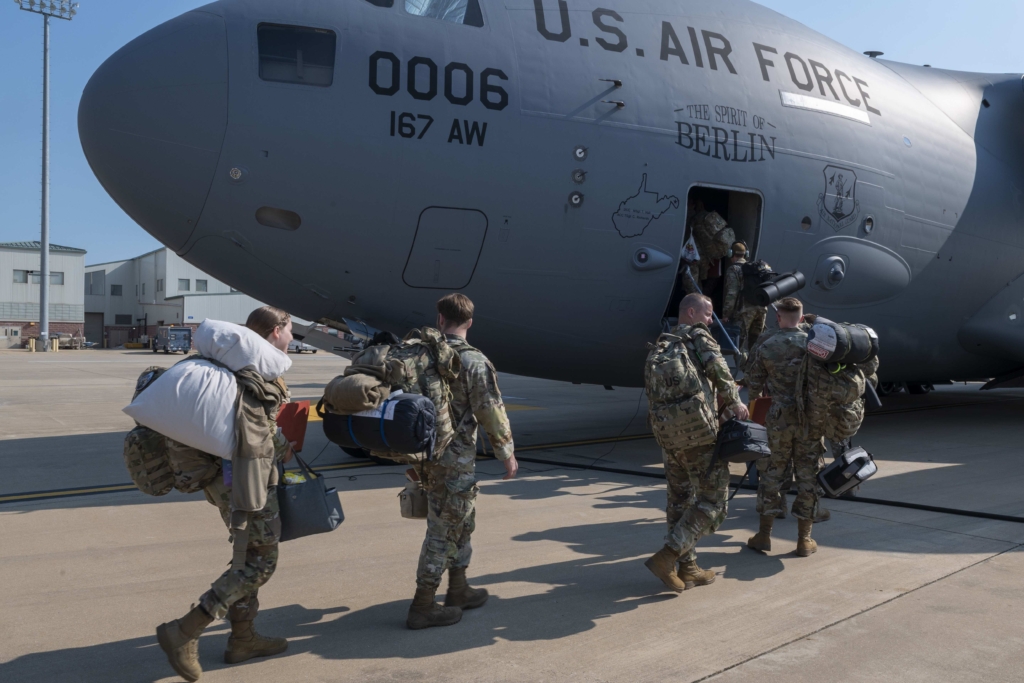
He singled out enlisted airmen in particular, calling them “the reason the US military is the best force ever assembled on the planet.”
Airmen, families and trust: The human foundations of USAF combat power
Wilsbach also emphasised that no amount of modern hardware can compensate for an unsupported force.
“Our endless ability to succeed in combat is directly tied to the robust support structure at home,” he said. Units that prioritise family wellbeing, he argued, build trust, cohesion and resilient, combat-credible teams.
His written guidance echoed this: “Our Air Force is strong because of the Airmen who serve and the families who support them.”
Wilsbach’s message to the force: Air superiority is not a birthright
One of the most pointed lines of his address came near the end: “Air superiority is not a birthright.”
It was a stark reminder that decades of dominance mean little in an era of accelerating change. Superiority must be earned daily through readiness, modernisation and operational focus.
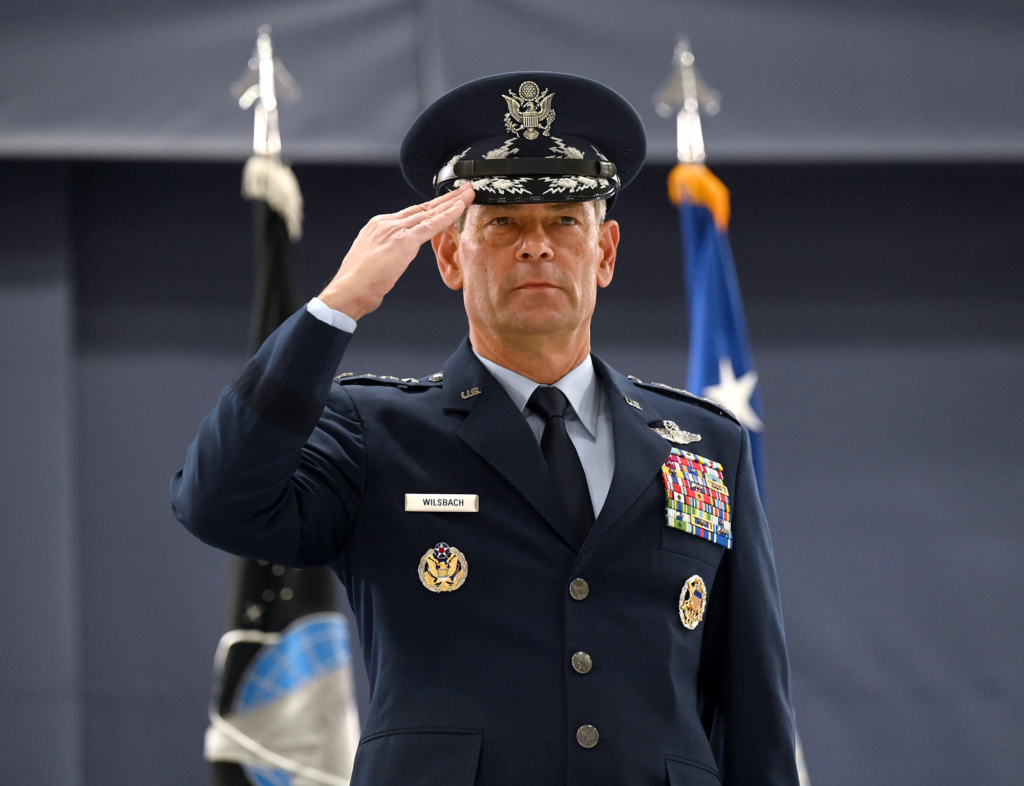
“Our nation depends on us… We must never lose our combat edge,” he said. “As your Chief of Staff, I will tirelessly work every day for the Air Force to succeed.”
With tensions rising worldwide and technology races intensifying, General Kenneth Wilsbach takes command at a moment that demands clarity, speed and a service prepared to fight – and win – in the most demanding environments.
